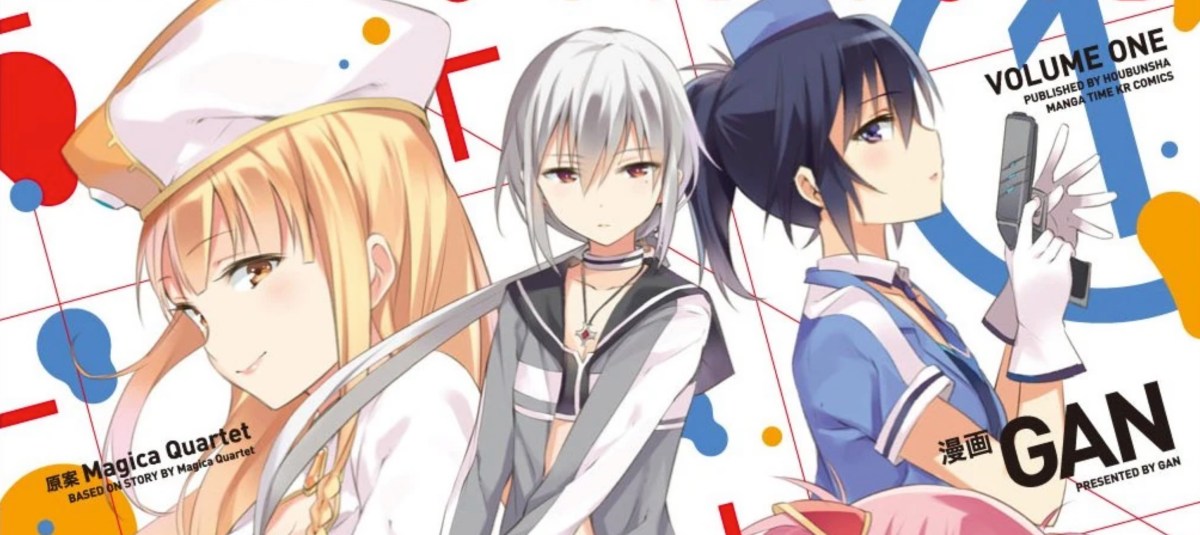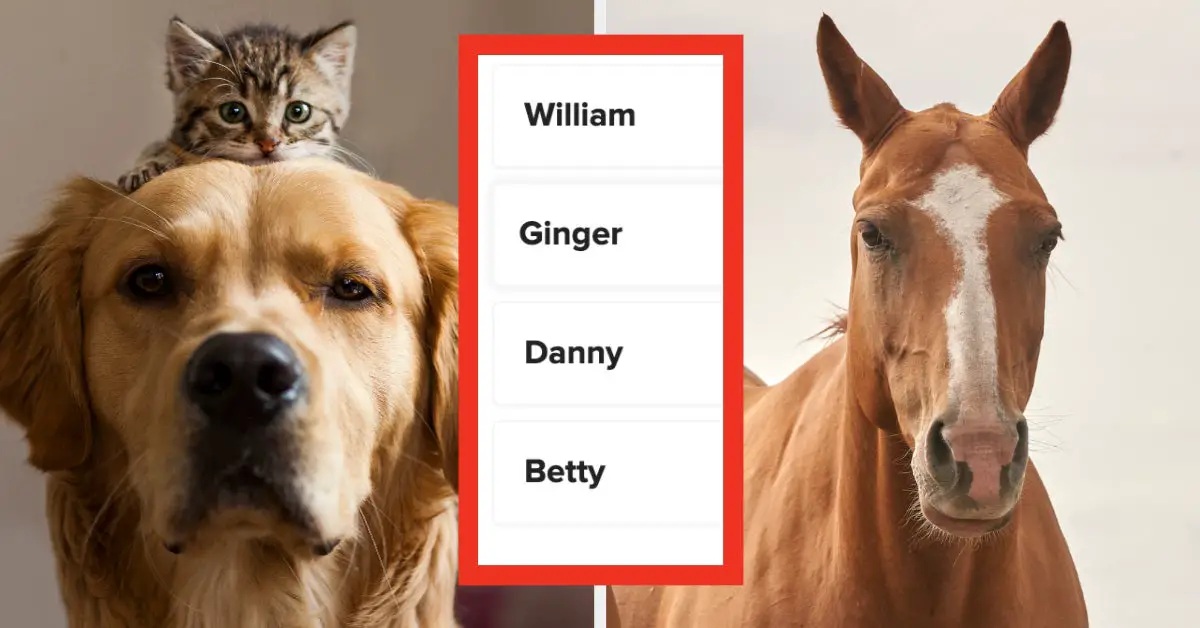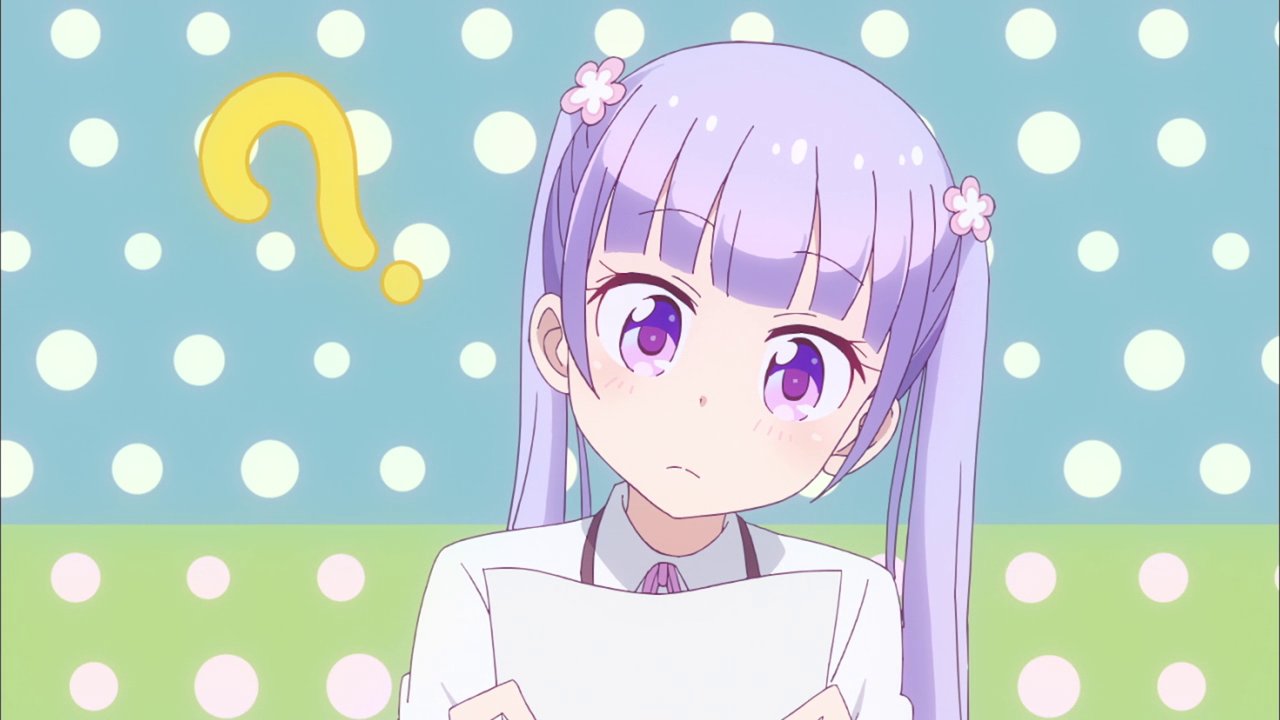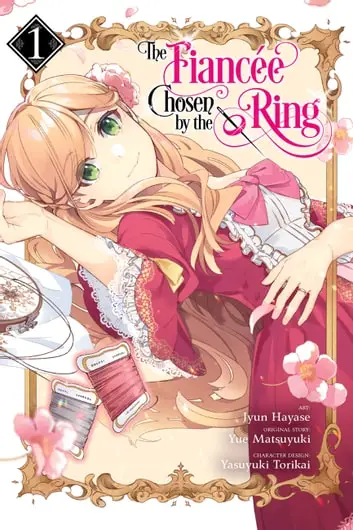When this omnibus came up in the Yen Press review copy order list, Twwk and I–BtT’s resident Puella Magi Madoka Magica stans–were…not really excited. Truth be told, we’ve been feeling a tad underwhelmed by the PMMM spin-offs of late, and the prospect of grappling with a brand-new cast and storyline seemed like it could be a lot of work. But in the end, I took the plunge.
And, wow, am I ever glad I did! It is a true return to form for Magica Quartet, the writing team behind the PMMM franchise. So much so, that it wasn’t enough just to write up a spoiler-free review for Readers’ Corner. No, this storyline is such a fantastic example of what a spin-off can be and do in relation to an OG series, that Twwk and I decided to spotlight it in a deeper discussion as well.
Let the spoilerific extravaganza begin!
Spoilery Recap
Someone is killing magical girls. When transfer student Suzune arrives in town, does she bring answers with her? Will she team up with the local magical girls to solve this crime spree and put a stop to whoever is meeting the hand of friendship with a merciless blade? Well, by the end of the first chapter, the answer to these questions is a resounding NO. Turns out Suzune is the killer, and she’s on a mission to wipe out magical girls. This isn’t a case of competing for grief seeds or staking out territory though. No, Suzune wants to eradicate the entire magical girl system–everything the Incubators are doing in her world–and the only way she can think to do so is by starting at the bottom with the wish-makers themselves. A simple tactic perhaps, but an absolutely horrifying one–and one that goes alarmingly to plan for much of the omnibus. Suzune is very good at killing magical girls.
The Return of the Shocking Twist!
claire: This has got to be the standout feature of this omnibus: the shocking twist is back! But it comes much earlier than even episode three! That panel where Suzune smiles while executing that sweet magical girl…oof. Also, it’s Mami all over again. And again. And again…
Twwk: Also, I kept waiting for everyone or someone to not actually be dead. And the characters often die without ceremony. It’s all very cold. And yet it made for a great read, because I really had no idea who was going to live and who was going to die! In this way, this series is much more tragic than the original PMMM. We don’t get to see time reversed or characters return. If this had been extended into a 13-episode series and we got to know the girls even better, I don’t know if my heart could take it when some of them die. We hardly knew ya!

The final twist is fascinating, too. All along we’re wondering if Suzune is truly the bad guy. Well, actually, we always suspect she isn’t, because by now we are experienced anime watchers; the question is, how is Kyubey going to actually prove to be the villain and Suzune, a victim? The answer (spoilers ahead) is that she’s experienced memory manipulation.
claire: It’s so subtle and cruel. Brings to mind the accuser nature of the enemy, who wheedles with lies so persistently that it can cloud our perceptions and color our memories. The image of Kyubey as a devil figure really comes into play here.
The Big Question at the Heart of it All
claire: The thing that has always been so compelling about PMMM, and the reason I keep coming back to it over and over again, is that it does not shy away from asking big questions with brutal candor. In particular, it focuses on the theme of hopelessness, and whether there is any cure for the despair it so often incites. Just because the protagonists are young teens does not mean they are shielded from the full implications of living in a hurting world. In fact, the franchise claims that they are the ones who feel it the most. Suzune returns to this core question, asking even more unflinchingly than the OG series, “What happens when you strip away all hope from a lonely teenage girl?” (Or indeed any human being.)
Twwk: Yes! It’s a big question that is both intimate and built for larger conversation. Unlike Magia Record, which dumbs down PMMM, Suzune Magica is a thoughtful spin-off. And unexpected, too—is this a horror manga? Is it just about shock value? Nope. It has something meaningful to say about loneliness and the care we need to receive from and give to each other. There’s realism here, too, in the outcomes of the series: the dead stay dead, manipulation has lasting effects, and yet still, hope endures even in the worst of circumstances.
Suzune and Parallels with the Original Cast…and Evangelion?

claire: I couldn’t help but see Suzune as a version of Homura. The only thing that distinguishes Suzune from Homura is that she has already “wasted” her wish when her beloved nee-san and magical girl inspiration dies, so she has no wish to exploit in her quest to right the wrongs of the Incubators. She can only rely on her brute strength. She has no hope of saving her nee-san. Instead, she has to settle for a goal that is both grander in scope, yet far less personal: bringing down the system. For Homura, the goal is to save Madoka and bring down small aspects of the system as necessary–and just how much of it gets whittled down each time she repeats a life so that by the time we meet her in the OG series, she’s not trying to save anyone else, or prevent anyone else from being a magical girl–only Madoka.
Twwk: Ohhh, so true! Would Homura have become a murderer like Suzune if she knew there was a zero percent chance of saving Madoka?
claire: It’s also interesting to think of Suzune as an anti-Madoka. While both girls seek to destroy a system of oppression and exploitation, and are willing to lose themselves and their humanity in the process, Madoka does so with hope, while Suzune is resigned to hopelessness–at least until the end of her arc.
There’s also a bit of a glancing parallel between Suzune and Kyoko: What if Kyoko had not merely threatened to kill Sayaka but had actually made good on that threat? And what if she never even gave a warning and instead went straight in for the kill the first time their paths crossed? Suzune is not just stealing hunting grounds from other magical girls, she’s hunting the girls themselves. So retroactively, does that tell us something about Kyoko and the faint glimmer of hope she may have still been holding onto even in her darkest days? Was Kyoko just waiting for someone to call her out, the way that Sayaka does?
This is what I appreciate about this omnibus: it makes me see new depths and nuances in the original series.

Twwk: Right? Part of what’s so impressive about the original is that it created a world and expressed themes that are so rich that it’s only the beginning. There’s so much more that can be explored.
In addition to the parallels within the Madokaverse, artist GAN seems to be making an allusion to the other all-time mind-screw anime series, Evangelion, through one of the Yunagi magical girls. Arisa very clearly resembles Asuna. Physically, the two share similar hairstyles and accessories, and more obviously, similarly-styled suits. The upper half of Arisa’s magical girl outfit resembles Asuna’s plugsuit. In black and white, the two look startlingly similar (though in color, Arisa’s pinks distinguish her from Asuna’s reds).
They also have similar journeys. Each has troubled beginnings before finding their rescue in systems that they excel in, though they later discover that what they’ve bought into (Kyubey’s magical girl/entropy system and the NERV Evangelions) is far more deceitful and ruinous than they could have anticipated. Their personalities are similarly abrasive as well. All this may be foreshadowing that
they both ultimately meet their demise.
Suzune’s Wish
claire: As alluded to above, Suzune’s wish is the most useless wish in this entire franchise, even more useless than the original Madoka’s wish (i.e. the Madoka from Homura’s original timeline, who wished to save a black kitten from a car accident). Suzune’s wish is to become a magical girl. Talk about redundant! But there’s also something pure about it, like Paul’s wish to suffer for the sake of Christ. After all, a life lived for Christ–in him, and in pursuit of him–is already guaranteed to bring suffering; Jesus stated as much several times. So when Paul wishes to suffer for Christ’s sake, he’s actively choosing the consequences of faith. Suzune wishes for the price of the wish, its cost, just like Paul models for believers. It’s a radical use of human agency, to walk so willingly into a life of sacrifice. And like Paul, Suzune is such a fascinating character.
Twwk: And there’s another parallel with Paul here too, and that is of course his backstory as a man who was responsible for the deaths of so many Christians. Suzune too is a killer. Which begs the question: How much culpability does she hold for her actions? It’s somewhat like Stockholm Syndrome—her brain has been changed; the unadulterated Suzune would never do what she’s done. But she has. She’s killed so many girls.
This is why I’m reminded of Paul. I’ve never spent a lot of time examining how much guilt he must have felt for participating in those deaths. In Silence, the guilt of being the “reason” for why other Christians are killed leads to two missionaries’ apostasy. But Paul keeps moving forward, knowing that he’s been forgiven through Christ, which really is the only path forward through which Paul can be honest with himself and keep from losing his mind. Suzune doesn’t get volumes and volumes of manga to wrestle with her guilt, but I think the ending also expresses some hope even amid the evilness of the situation. It’s just that, unlike with the Christian faith, I’m not sure it can be an authentic way forward for her, knowing all that’s transpired.

claire: I’ll admit though, I needed another chapter or two on Suzune’s backstory with the twins. I didn’t get the full emotional impact as with Homura and Madoka.
Twwk: True. Also, the magical girls seem to mostly take the death of their comrades in stride. With the exception of Arisa, the girls seem pretty alright with their first teammate’s death—a slightly worse reaction than a friend moving away? That really bothered me. Arisa later deals with another death in a more mournful way, but for me as a reader, the damage had already been done by this point.
I was also bothered by the occasional ecchi content as well. While we do review the occasional ecchi series here, it just feels very hollow to me when you show a 14-year-old’s undies in a series that’s so tragic and thoughtful.
claire: So true. This was not the time or place. Otherwise, though, the art by GAN was excellent! There are some really dynamic action sequences, and the layouts overall have a kind of cinematic quality to them. Let’s hope we get to see this animated someday!
Twwk: I’m not sure how the Magia Record anime fared in Japan, but hopefully, it’s good enough that we get some further anime adaptations? Suzune would be an amazing one-season series!
claire: It really would!
Puella Magi Suzune Magica: The Complete Omnibus Edition is published by Yen Press.












Leave a Reply